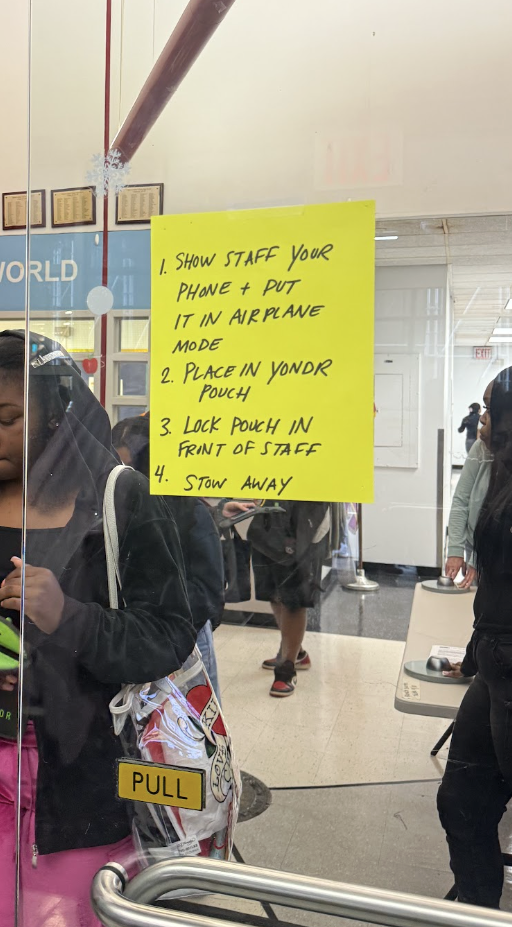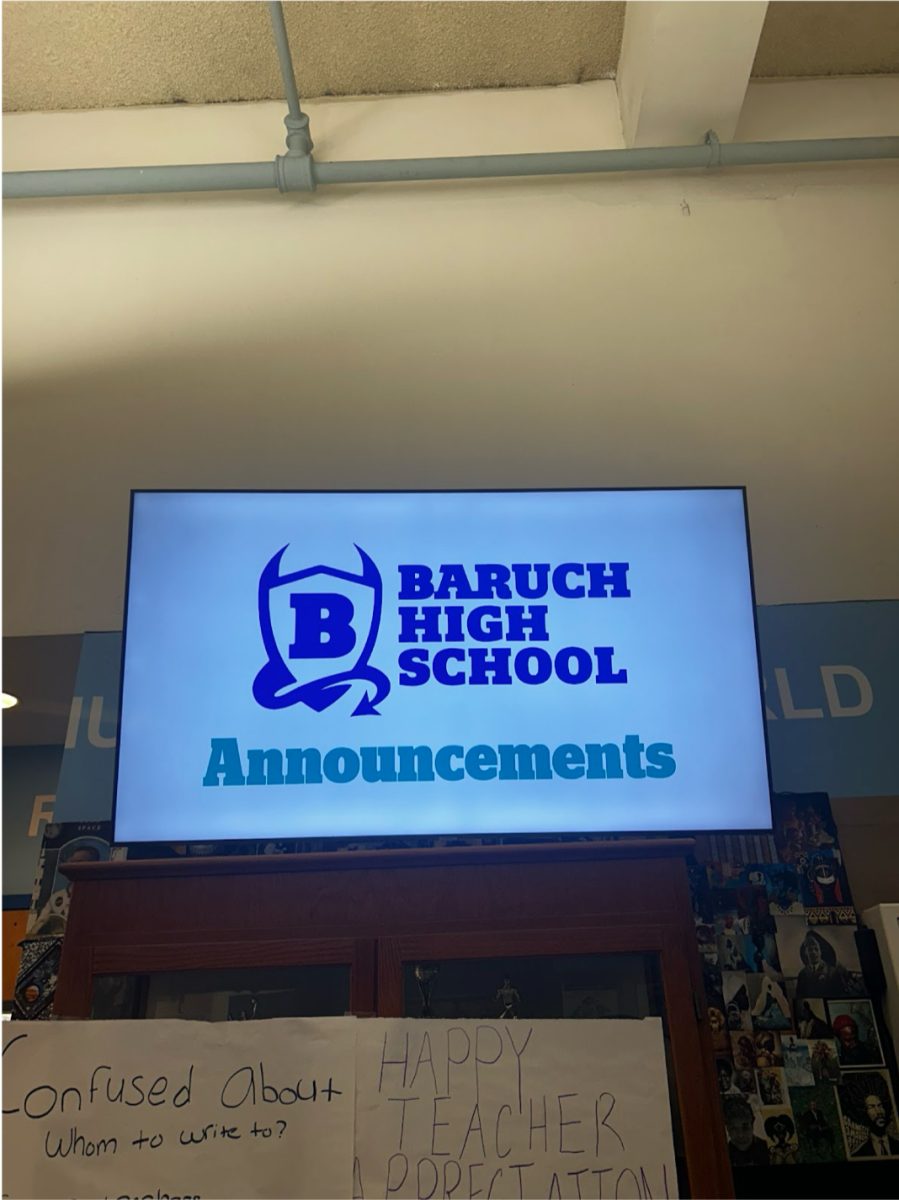On the morning of Dec. 4, UnitedHealthcare CEO was shot and killed outside of New York Hilton Hotel where a conference was being held. The controversial death of Brian Thompson, a contentious insurance executive, created a disruption in media all across the nation sparking debates between Baruch’s very own community. Opinions on whether his death was justified reveal a mix of moral reflection and frustration with the healthcare system.
Franklin Lee, a senior, expressed conflicted feelings about the incident.
“You shouldn’t kill anyone, but he screwed a lot of people with insurance policies.” he said.
When asked about if this murder was a wakeup for America’s gun violence, Franklin simply put it as “guns are not the issue you know. Guns don’t hurt anyone. It’s the people who do; many people own guns and don’t go around shooting anyone.”
This perspective highlights a growing sentiment that, while violence is not the answer, systemic failures in healthcare provoke anger and despair among those affected.
Ceren Kilic, the Chemistry and AP Psychology teacher, took a firmer stance against the killing.
“Absolutely not. Killing is not the right way to push a message and defend your rights,” she said. Kilic’s disapproval emphasizes the need to address systemic issues without resorting to violence.
U.S. History, Government and AP Government teacher, Alana Moise, abruptly stated that the death was not justified in “no case whatsoever.” However, she emphasized the critical need for healthcare reform.
“We are one of the wealthiest nations in the world. Honestly, it’s sad that there are so many people who cannot afford healthcare, which is why I think there is dire need for reform,” Moise said.
Her own past experiences with the system have been fraught with challenges. “They have been traumatic, I guess? There is a financial fear that my insurance will not pay if I go over,” she said.
Moise also pointed out how the polarized opinions surrounding the case reflect a larger division in American society. “What is weird is how the USA is split. It says a lot about where we are as a country,” she said.
Beyond the question of justification, all interviewees agree that the healthcare system needs significant reform. “Many companies put profits over people,” Franklin said, reflecting a broader frustration with insurance companies denying claims and prioritizing financial gains over patient care.
Kilic shared a personal perspective, contrasting her experience in the U.S. with healthcare in Turkey.
“In Turkey, if you work for a city job, you have free healthcare. Even private workers can see any doctor they want,” she said. She also pointed out the stark difference in medication costs, citing an example from her pregnancy when a 90 dollar nausea medication in the U.S. cost only seven dollars in Turkey.
Students at Baruch were interviewed to understand student perspectives on Luigi Mangione, the alleged man behind the killing of Brian Thompson. The results were surprising: one in three Baruchians find Mangione attractive, one in five believe he should be pardoned for his alleged crimes and 86 percent of Baruchians interviewed call for significant insurance reforms, highlighting a widespread demand for systemic change.
The conversations at Baruch reveal a deep frustration with the current state of healthcare and the systemic inequalities it perpetuates. While opinions about Thompson’s death differ, the shared desire for reform suggests that the murder has sparked talks about how the system can and must change.
Baruch’s reflections on the matter at hand mirror the larger national debate: a mix of anger, morality and hope for a better future. Whether or not Thompson’s death was justified, it serves as a reminder of the urgency to address the healthcare system’s failures.













jijijij • Jan 31, 2025 at 12:46 pm
interesting!